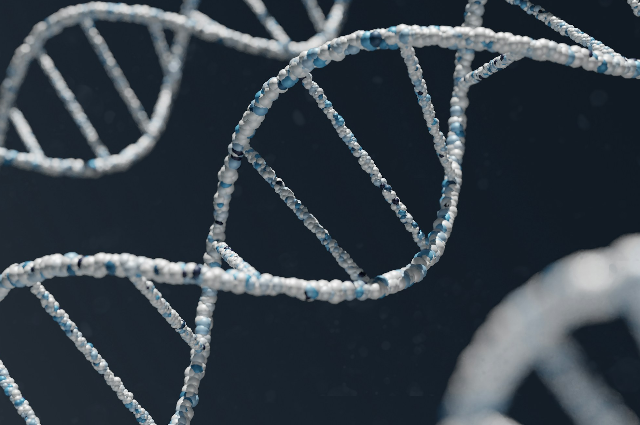
Embarking on an Intellectual Odyssey: Navigating the Ethical Labyrinth-
In our relentless pursuit of enlightenment, we embark on an intellectual odyssey into the tumultuous waters of human gene editing, where the confluence of scientific advancement and moral introspection births profound ethical inquiries. Channeling the timeless wisdom of Socrates, who decreed that "The unexamined life is not worth living," we recognize the imperative of ethical reflection and philosophical inquiry amidst transformative technologies like CRISPR-Cas9.
Confronting Genetic Determinism: Philosophical Engagements-
Our philosophical odyssey confronts the existential quandaries posed by genetic determinism, drawing inspiration from the profound ruminations of Jean-Paul Sartre and Friedrich Nietzsche. Sartre's proclamation that "Existence precedes essence" challenges entrenched notions of predetermined human nature, while Nietzsche's exploration of the "will to power" posits human agency in shaping destinies. Through dialectical engagement with contemporary philosophers and geneticists, we probe the boundaries of genetic predetermination and human autonomy in the era of genetic engineering.
Ethical Imperatives and Moral Dilemmas: Navigating Genetic Intervention
As we navigate the ethical landscape of genetic intervention, we encounter a tapestry of ethical imperatives and moral dilemmas, resonating with the moral philosophies of Immanuel Kant and John Stuart Mill. Kant's categorical imperative, advocating actions based on universal principles, encounters the utilitarian calculus of Mill, which prioritizes the maximization of overall happiness. Amidst the labyrinthine complexities of risk, benefit, and distributive justice in genetic manipulation, we engage critically with bioethical discourse and empirical research to navigate the moral terrain.
Journeying into the Aesthetics of Genetic Enhancement: Exploring Ethical Boundaries
Embarking on a voyage into the aesthetics of genetic enhancement, we draw inspiration from literary luminaries such as Aldous Huxley and Margaret Atwood. Huxley's cautionary narrative in "Brave New World" and Atwood's dystopian portrayal in "Oryx and Crake" serve as poignant reminders of the ethical ramifications of genetic perfection and the commodification of human traits. Through an exploration of beauty, desire, and the politics of representation, we navigate the ethical frontiers of genetic manipulation in our pursuit of perfection within an imperfect world.
Existential Angst and the Limits of Genetic Engineering: Ethical Implications
Existential angst permeates our inquiry into the limits of genetic engineering, echoing the existential despair articulated by Albert Camus and Franz Kafka. Camus' call to rebel against an unfree world resonates deeply as we confront the uncertainties and ethical implications of wielding the power to manipulate the genetic building blocks of life. Through an exploration of existential dread, alienation, and the absurdity of human existence, we confront the ethical ramifications of our technological prowess.
Charting a Course Towards Ethical Stewardship
In our concluding reflections, we invoke the timeless wisdom of Aristotle, highlighting that "Ethics is the activity of man directed to secure the happiness of life." Drawing upon insights gleaned from our philosophical odyssey, we contemplate the existential significance of genetic modification for the future of humanity. Through synthesis of philosophy, literature, and empirical research, we chart a course towards ethical stewardship and responsible innovation in the age of genetic engineering. This holistic exploration transcends mere academic discourse, inviting readers to ponder the ethical conundrums that accompany genetic manipulation and inspiring a collective endeavor towards a more ethically informed future.
